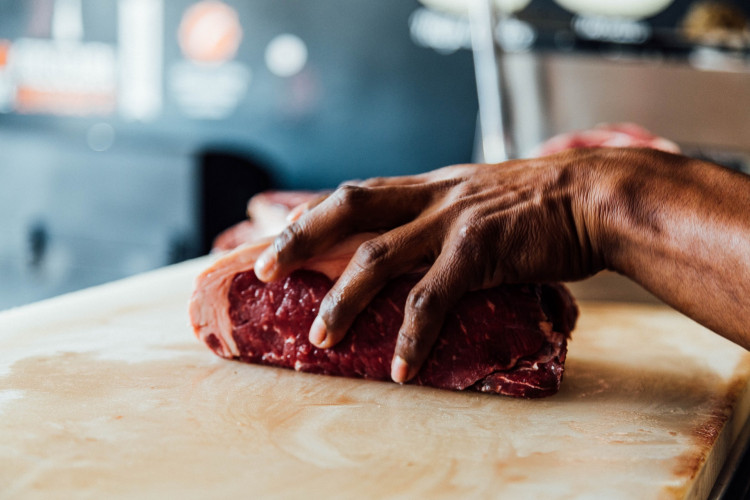You're likely to have some idea of what Salmonella is. But how much do you actually know about this bacteria that every year infects over one million Americans?
Last month, the U.S. Food and Drug Administration (FDA) released a voluntary recall on red, yellow, white and sweet yellow onions, raising concerns about salmonella contamination.
Here are interesting facts you need to know about Salmonella:
Salmonella got its name from a vet named...well, Salmon
In 1876, according to the USDA, Daniel Elmer Salmon, DVM, was awarded the first doctor of veterinary medicine degree in the USA. Dr. Salmon started studying infectious diseases among livestock and farm animals after graduating from Cornell University including foot-and-mouth disease, fowl cholera, hog cholera, and Texas livestock fever.
Because of Salmon's ground-breaking work, Theobald Smith, another animal scientist who first discovered the bacteria while researching hog cholera, named the discovery of the pathogenic bacteria salmonella after him.
Pets can have Salmonella without exhibiting symptoms
By consuming pet food or drinking water tainted with the bacteria, pets typically become infected with Salmonella. In dogs and cats, salmonellosis is not widespread and pets who have it usually have no symptoms. But they may be bacteria carriers and pass the disease on to you, reports the FDA.
For instance, dogs will spread the bacteria through their stools and saliva because the bacteria reside in their bowel tract. Cats will spread it by leaping to countertops in the kitchen or dining tables. Health experts strongly encourage people to wash their hands thoroughly after picking up the feces of the dogs and washing their litter boxes and crates. It's hard to say no to your furry friend, but you should try to keep the animals away from areas where you usually eat or prepare food.
Salmonella can be passed on from person to person
Yes, Salmonella can be transmitted from person to person via fecal-oral transmission. This was what happened in New York back in the 1900s when Typhoid Mary caused an outbreak simply because she failed to wash her hands and cooked in several people's houses.
Make it a habit to wash your hands every after toilet use or changing nappies.
Some herbs and spices may help kill Salmonella
There's research suggesting that the antibacterial properties of garlic could help treat salmonellosis. A paper published in the Journal of Food Science claims that a marinade made from garlic may reduce the viability of salmonella bacteria in food.
In a separate study in BMC Complementary Medicine and Therapies, cinnamon had been found to provide the best antimicrobial defense among a variety of spices including clove and cumin.
But more evidence is needed, so talk to your healthcare provider if you suspect signs of Salmonella and what needs to be done to treat an infection.






